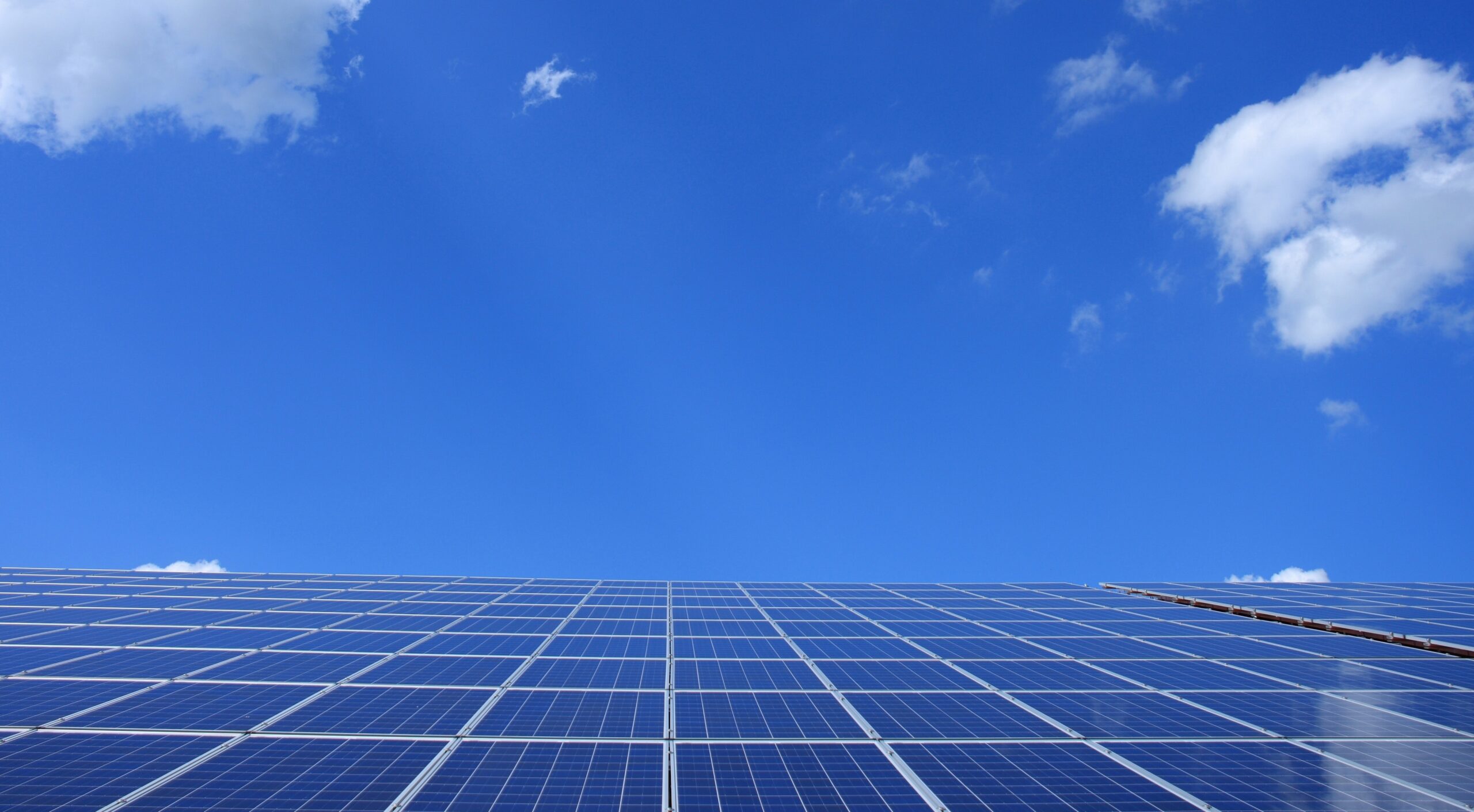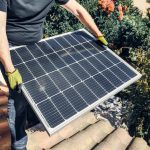Surety Bond Professionals is a family owned and operated bonding agency with over 30 years of experience. With access to a broad range of surety markets, our expert agents are ready to assist with all of your solar bonding needs.
What’s the Choice?
Many people have reached the point where their choice is not whether to acquire solar energy capability but rather how to acquire it. Solar power purchase agreements (PPAs), and lease arrangements are the two options that do not involve the actual purchase of a solar energy system by a property owner.
The need to choose between a solar PPA and a solar lease only arises when the property owner has concluded that purchasing a solar system outright or financing the purchase of a solar system is not feasible. That usually has more to do with the property owner’s credit history and financial stability than with any technical matters. And owning a solar system may not make sense for those whose tax liability is so low that they are not incentivized by the 30% investment tax credit (ITC) or other tax benefits derived from solar energy system ownership.
Assuming that purchasing or financing a solar system is off the table, property owners have two main options that do not involve owning the solar system installed on their roof—a solar PPA or a solar lease.
What are Solar Power Purchase Agreements?
A solar PPA allows the PPA company to install, own, and operate a solar system on a customer’s property. The customer buys the power generated by that solar system at an agreed upon price that is lower than the rate normally charged by the utility company. (Or, in the case of a virtual solar PPA, the buyer does not take delivery of any of that electricity, but let’s save that for another discussion.)
These contractual agreements often have a term of 20 to 25 years. PPAs are available only in states that permit third party ownership of solar generation systems.
In many cases, the company that sells a PPA outsources the installation of the system, which may even be owned by yet another company. Although multiple parties may have a finger in the pie, the agreement is only between the PPA company and the property owner.
What Is a Solar Lease?
Solar leases are very similar to solar PPAs. The property owner leases the components of the solar system, and makes fixed monthly lease payments for the next 10 to 25 years. It’s the leasing company that owns the system, not the property owner.
What is the Relationship with the Local Utility Company?
In the case of both solar PPAs and solar leases, the local electric utility company provides a connection from the solar system on the customer’s property to the power grid. If the solar system does not produce enough electricity to meet the customer’s needs, the utility company makes up the difference. When the solar system generates enough power, the excess is sold to the utility at the current retail rate. This practice, which is called net metering, is common in many states.
Are There Tax Benefits to Property Owners?
Both federal and state governments provide tax incentives to encourage renewable energy projects. But those tax credits belong to the solar system owner, not to a property owner who enters into a PPA or solar lease. The PPA company or solar leasing company gets the tax advantages.
The Deciding Factor
Solar PPAs and solar leases are so similar in the way that they work and what they offer property owners that the choice between the two is primarily a financial decision. Different companies offer variations on solar PPAs and solar leases that differ only in the financial details—prepaid leases, PPAs requiring a down payment, zero money down arrangements, free installation, and so on. It’s possible to configure two identical systems working with two different solar PPA companies or two different solar lease companies and end up with widely different costs for the two identical systems.
One potential financial variable is the price escalator specified in the solar PPA or solar lease contract. This is the percentage by which the property owner’s monthly PPA or lease payment will increase annually. In most cases the price escalator will be between 3 and 5 percent.
Another difference is that with a PPA, a property owner’s monthly bill is determined based on the number of kilowatt hours of solar energy used, and that can fluctuate depending on the amount of energy produced by the solar system on the customer’s property. With a solar lease, there is a fixed monthly lease payment.
Do the Math
The only way for property owners to decide which is the better choice for them, a solar PPA or a solar lease, is to obtain estimates from multiple companies and look at what the financial results would be over time. The option that provides the best return on the property owner’s investment probably is the one to go with.
Get A Quote
Our surety bond professionals will get you the Power Purchase Agreement you need at a competitive rate.





